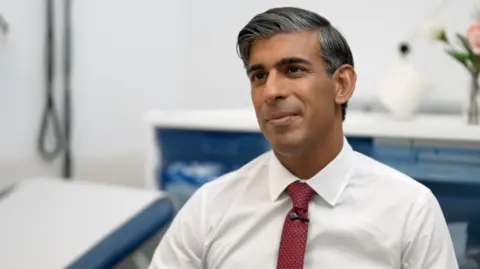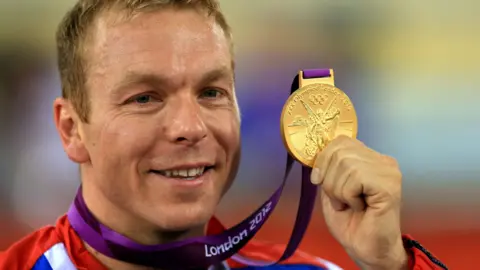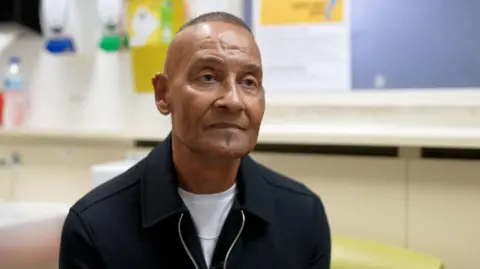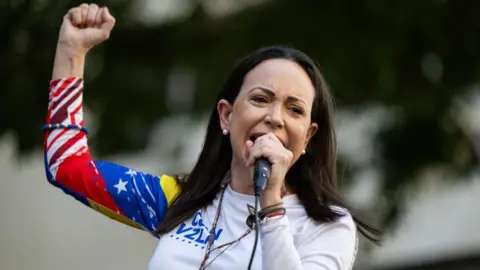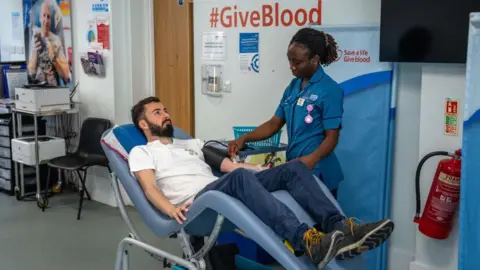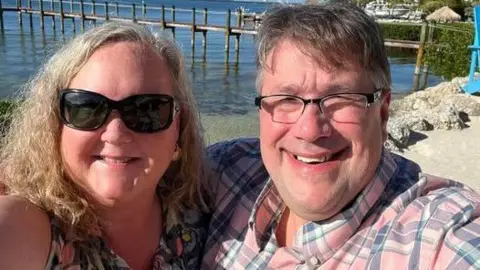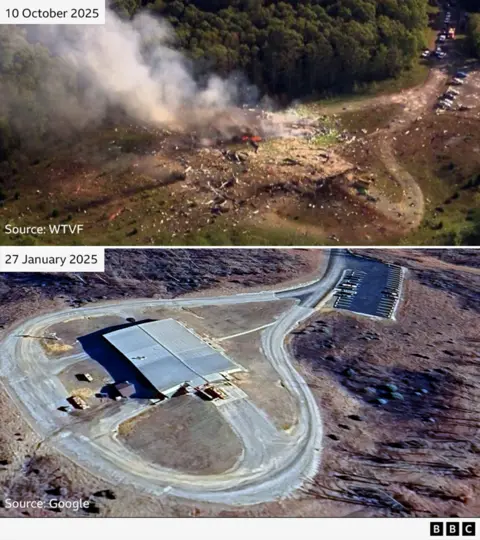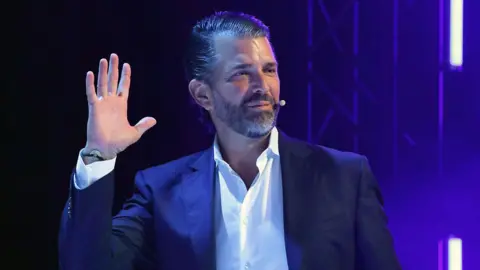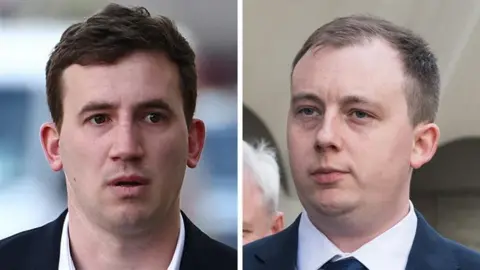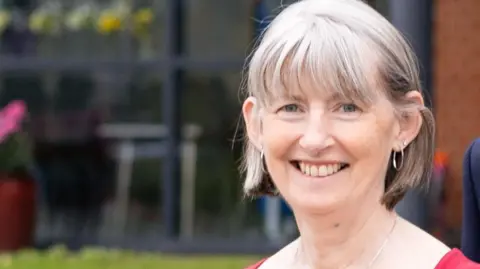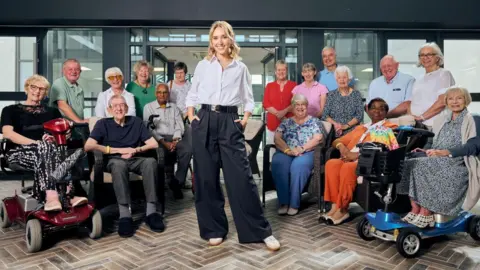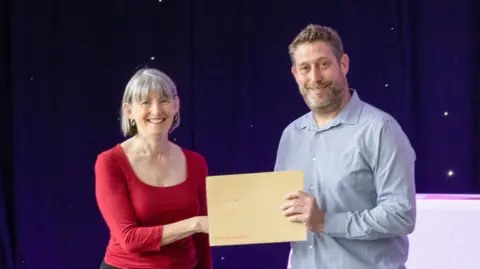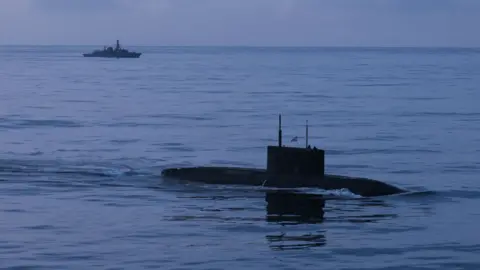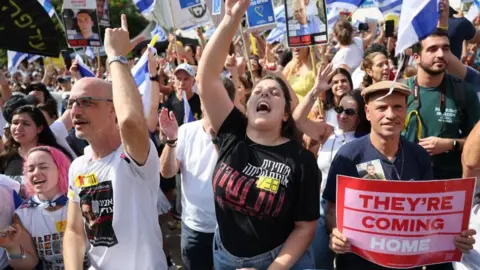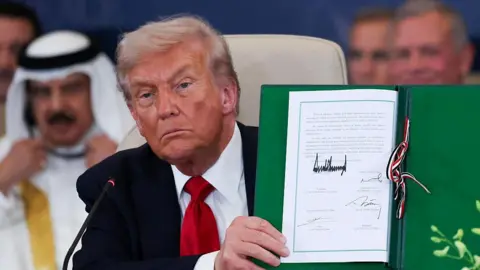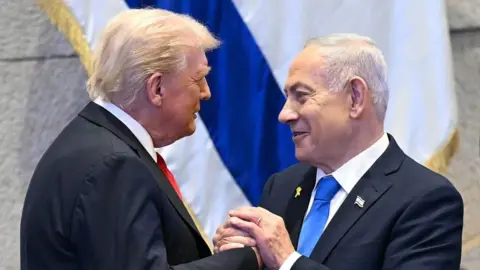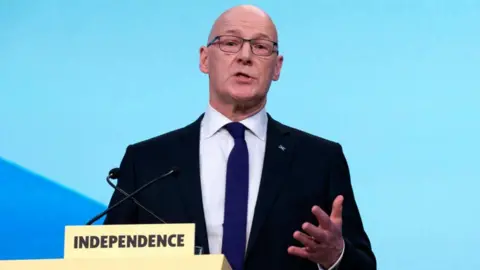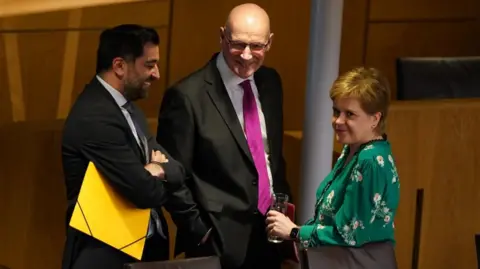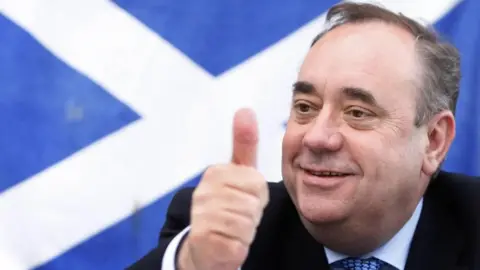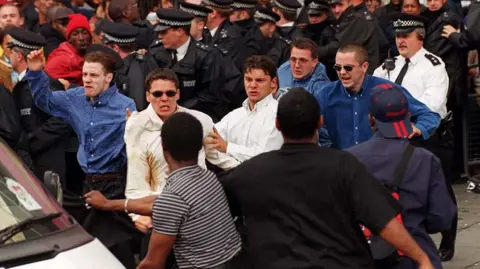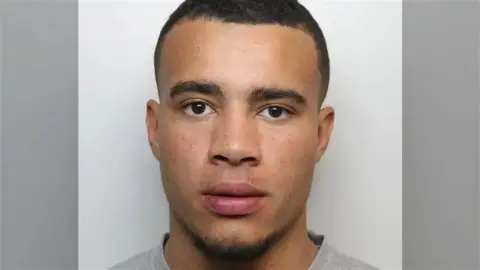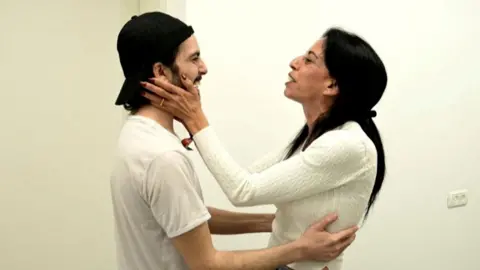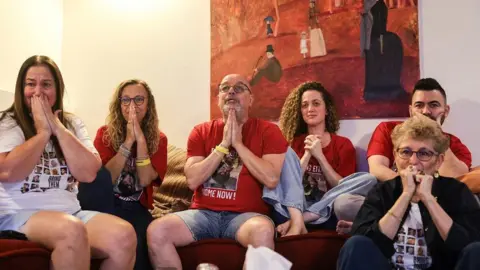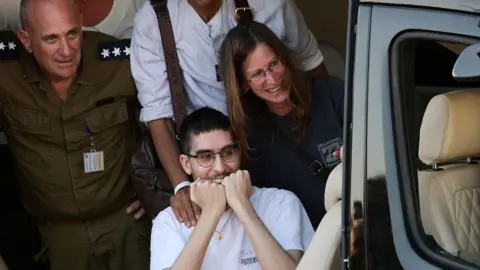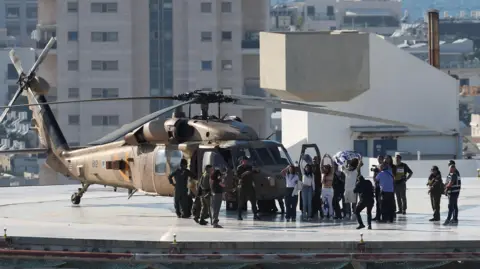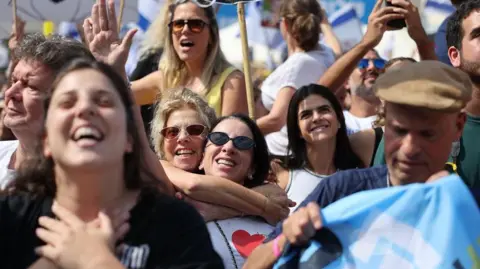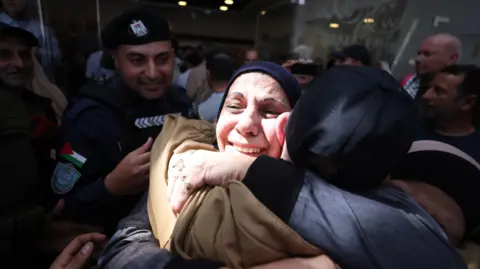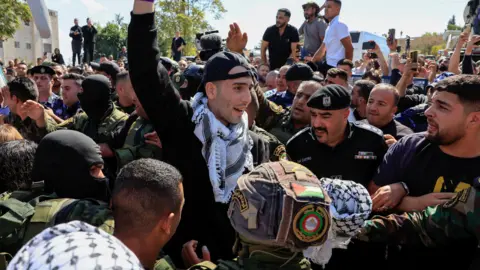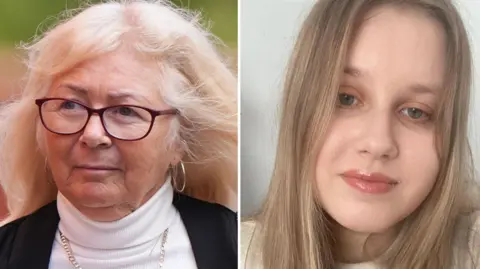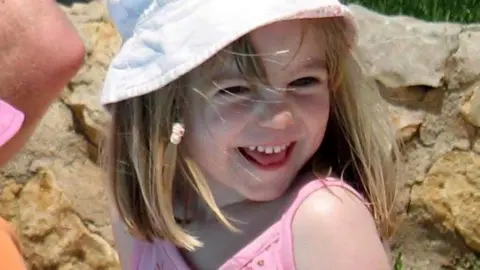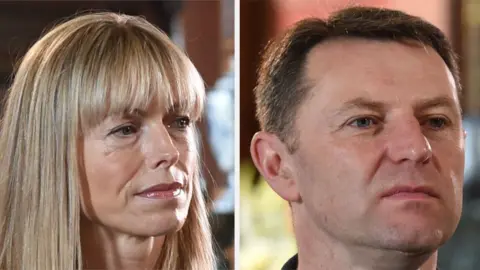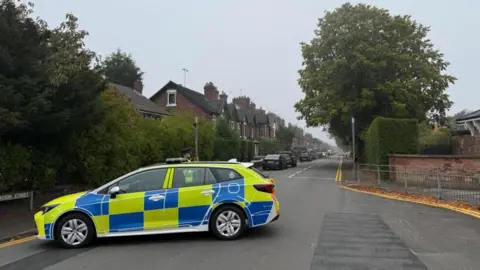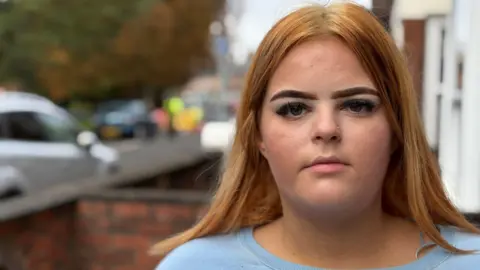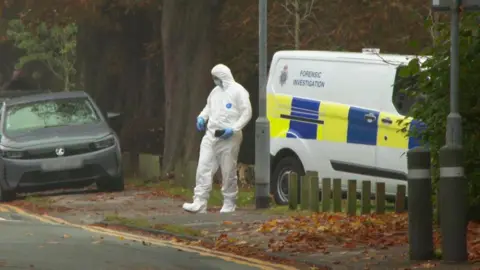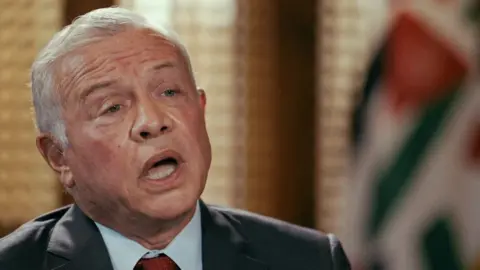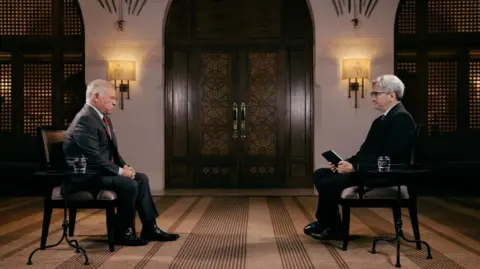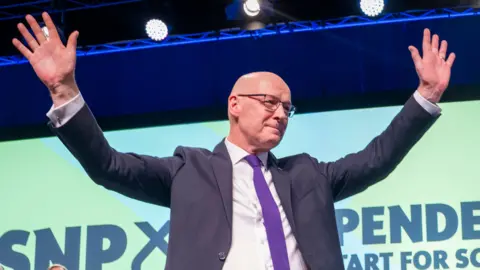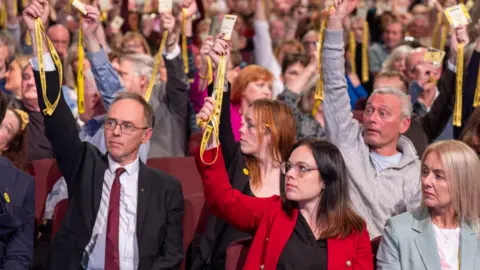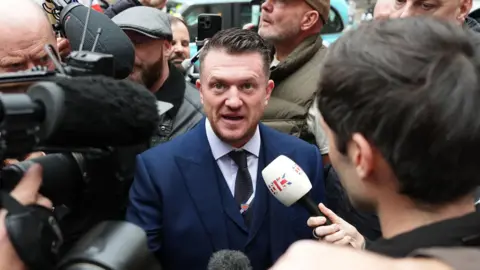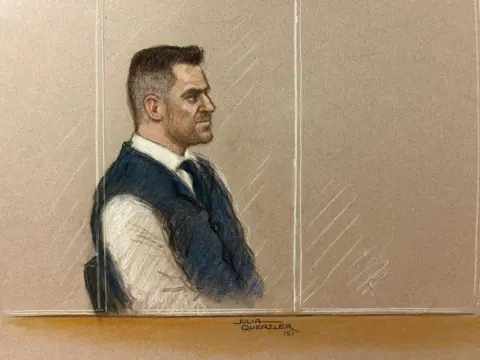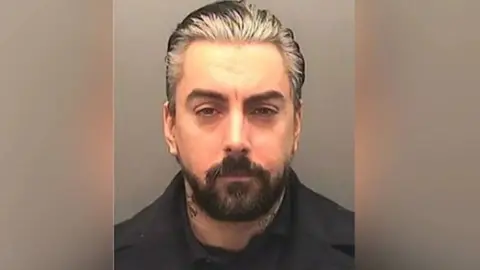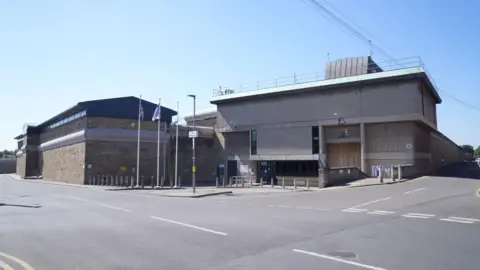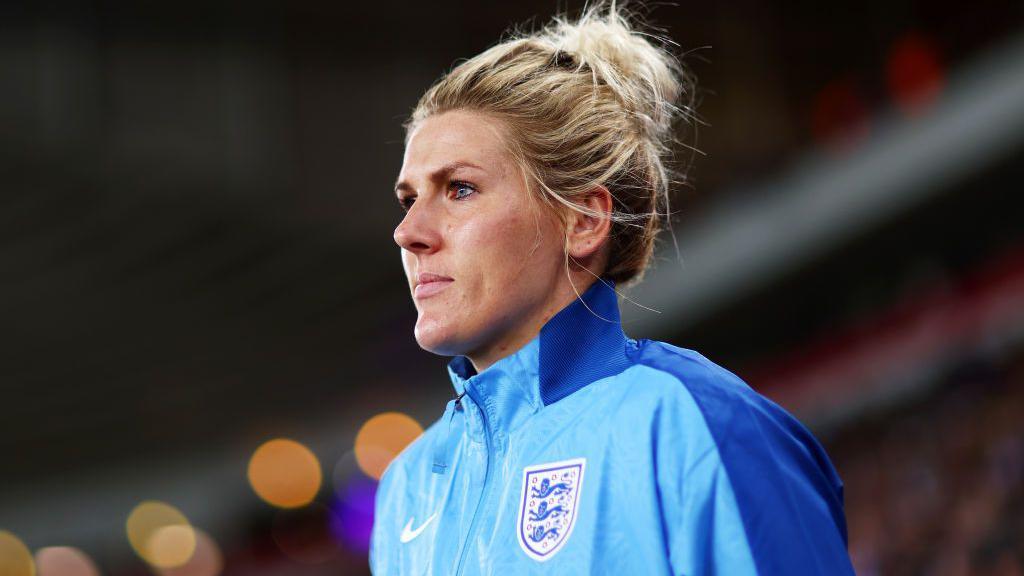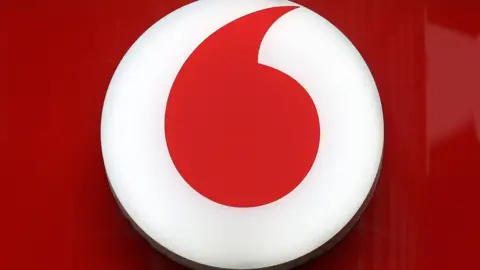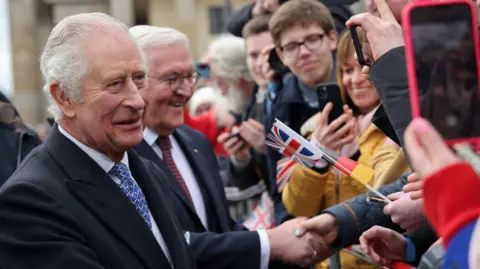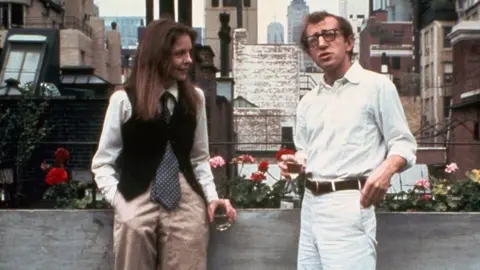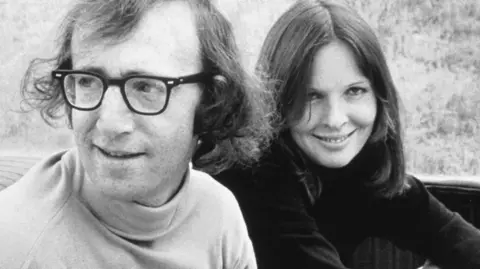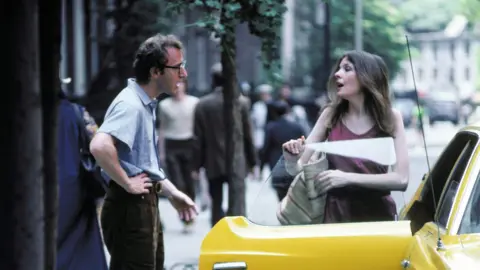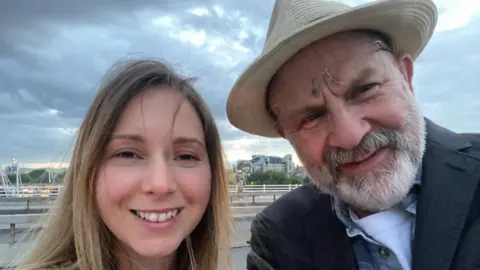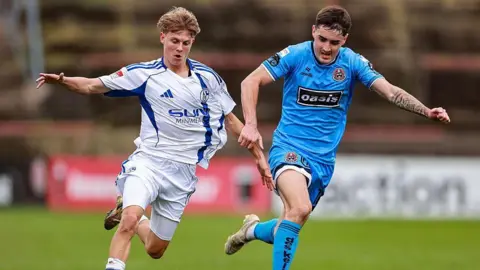Tens of thousands of homes fitted with botched eco insulation need fixing, watchdog says

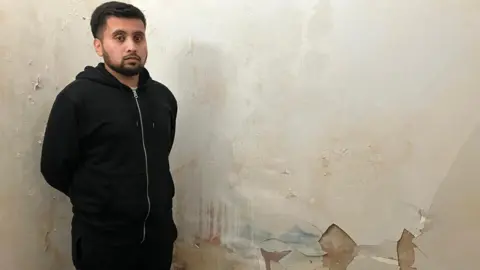 BBC
BBCA government scheme aimed at cutting energy use by insulating homes was botched on a vast scale, a spending watchdog has found, leaving tens of thousands of homes in need of remedial work.
According to the National Audit Office (NAO) 98% of homes that had external wall insulation installed under the scheme have problems that will lead to damp and mould if left unaddressed.
Nearly a third, or 29%, of the homes that were given internal insulation also need fixing, it said.
Energy Consumer Minister Martin McCluskey said the government was taking action and that the homes would be fixed "at no cost to the consumer".
Mohammed Mahedi, who had external wall insulation fitted to his Luton home two years ago, is living with the consequences.
''Some mornings I wake up breathing really, really heavily. I feel it in my neck. I feel it in my lungs,'' he says.
The BBC first reported the impact of faulty insulation in Luton last year.
Mohammed is still fighting to get the problem fixed.
"We got a scheme done that was meant to be helping us but it's made everything worse.''

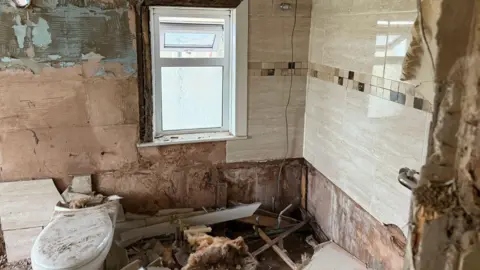 Lukman Ashraf
Lukman AshrafIn 2022 the previous government directed energy companies to spend billions of pounds, raised via levies on energy bills, on insulating homes across the UK, targetting people receiving benefits and those in very poorly insulated homes.
However, the NAO found there were "clear failures" in the design of the Energy Company Obligation (ECO) scheme, which resulted in "poor-quality installations as well as suspected fraud".
Gareth Davies, head of the NAO, said it was now up to the Department for Energy Security and Net Zero (DESNZ) to ensure the businesses responsible repaired "all affected homes as quickly as possible".
"It must also reform the system so that this cannot happen again," he said.
The NAO, which monitors how public money is spent, cited an "under-skilled workforce", businesses cutting corners and uncertainty over which standards to apply to which jobs, as some of the reasons for the substandard work.
It found that between 22,000 and 23,000 homes that had received external wall insulation, and up to 13,000 properties with internal wall insulation were now in need of repairs.
A small percentage of installations - 6% for external and 2% of internal insulation - posed an "immediate health and safety risk" from faults such as exposed live electrical cabling or blocked boiler ventilation, it said.
The NAO report focused on two specific schemes, ECO4 and the Great British Insulation Scheme.
But it also directed criticism at TrustMark, a consumer protection scheme set up in 2021 to monitor the quality of insulation programmes. It said there had been "weak" oversight and insufficient auditing of the schemes.
The NAO said that had allowed installers to "game" the system. Last year the whole-industry regulator, Ofgem, estimated that businesses had falsified claims for ECO installations in up to 16,500 homes, potentially claiming between £56m and £165m from energy suppliers.
TrustMark said it accepted that more needed to be done and said it remained "completely committed to ensuring strong consumer protection and confidence".
It said the organisation took "firm, fair and decisive action" when it first noticed issues with the work in 2024 and "kept industry groups and government fully informed at every stage".
Energy minister, McCluskey said the NAO report revealed "unacceptable, systemic failings" left by the previous government.
He said there would be "comprehensive reforms" and "clear lines of accountability" in future.
